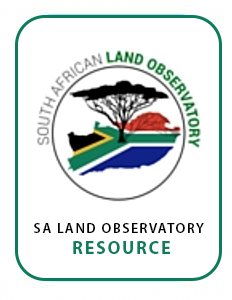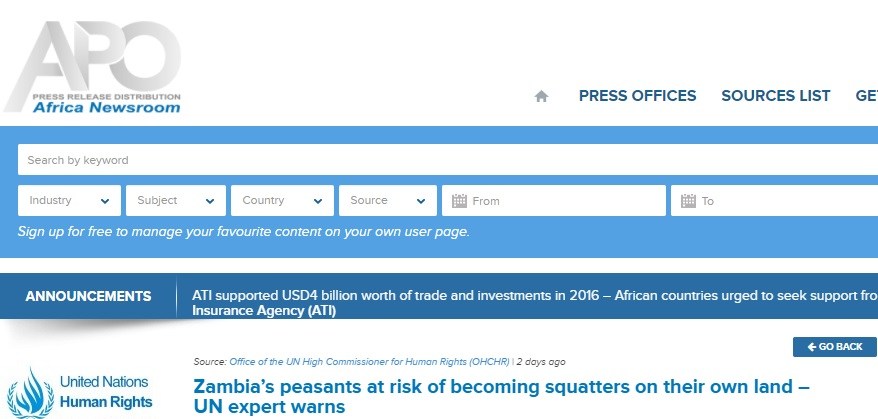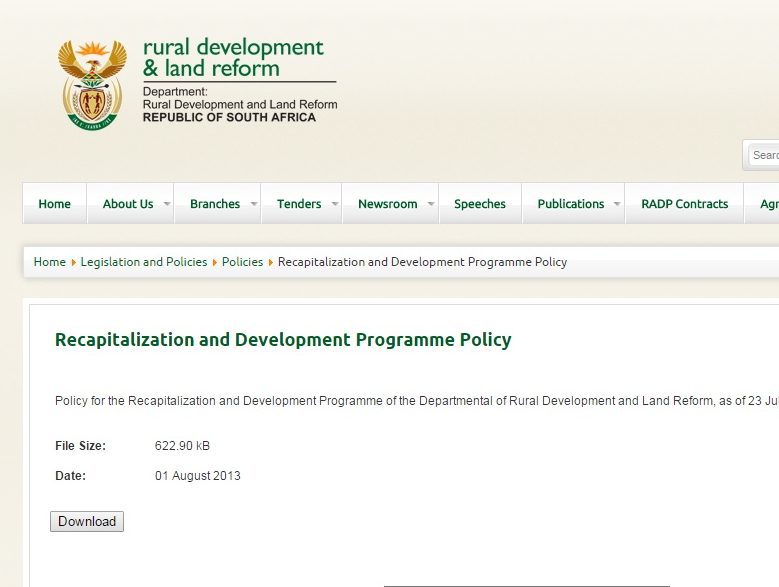Working Paper 39: Understanding South African food and agricultural policy – Implications for agri-food value chains, regulation, and formal and informal livelihoods
In order to create credibility and sustainability between policies, to avoid political confusion and to reassure “investor confidence”, a clear agri-food policy package needs to be in place. To achieve this, policy packages should be constructed to give coherence, with an explicit goal and set of objectives, underscoring accountability to delivery. Considering current policy debates, the questions pursued in this paper are: does a clear vision guide existing and emerging agriculture and food policies and are a clear set of measures defined to achieve this vision?









